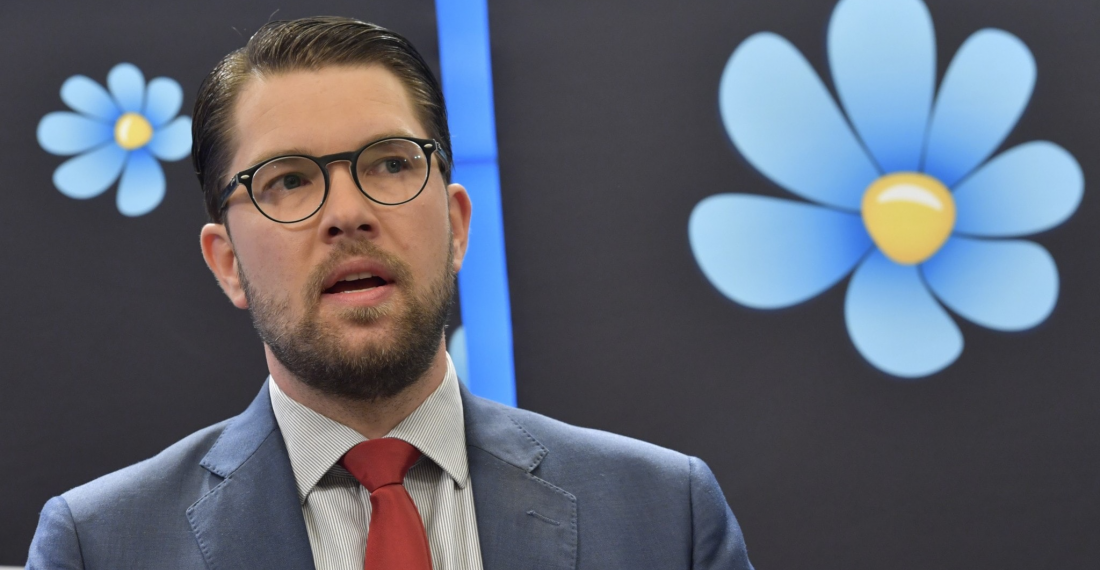Preliminary results from the Swedish parliamentary elections on Sunday (11 September) project the far-right Sweden Democrats becoming the second largest party.
In an election where crime and integration have been at the top of the agenda, early results showed a slight advantage for the current Social Democrat Prime Minister Magdalena Andersson and her left-wing coalition. However, after 94% of the votes have been counted, preliminary results project that while the incumbent Social Democrats have received more votes than in the 2018 general election, the right-wing opposition bloc is projected to receive a slight majority of 176 seats in parliament.
Within the right-wing opposition bloc, the far-right Sweden Democrats have managed to gather widespread support and are now the second largest party in Sweden for the first time in history. After passing the Moderate party, the Sweden Democrats seem to have succeeded greatly in their election campaign, focusing predominantly on organised crime and immigration. Since 2010, the party has grown from receiving just 5.7% of the vote to receiving just over 20% of the votes in the current election.
Despite being the largest party in the bloc, it remains uncertain if Sweden Democrat leader Jimmie Åkesson will be able to negotiate his way into becoming Prime Minister, due to high reluctance among bloc allies. Instead, it is believed that current Moderate leader Ulf Kristersson will take on the role, despite the decreasing support for his party.
It remains unclear, however, which side will be victorious. The final results are projected to be presented latest Wednesday (14 September), after which negotiations will start on potentially building a new government. Before any final results can be presented, votes from abroad still need to be counted, and the total vote needs to be verified.







